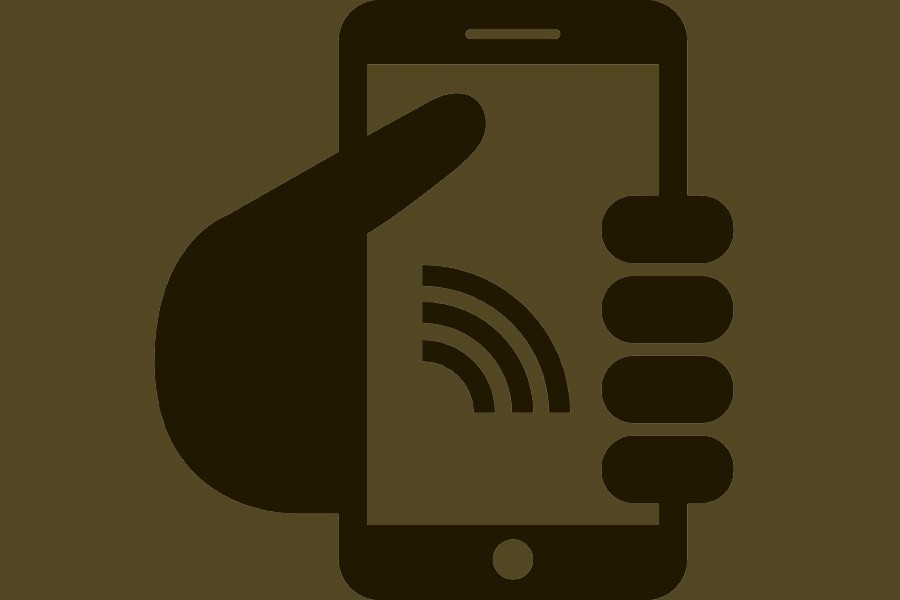The country's general cell (mobile) phone and internet users may not have entertained the thought even in their wildest dreams that the affordable digital devices will suddenly become unaffordable. Along with the post-Covid travails has the Russo-Ukraine conflict unleashed a plethora of woes --- especially in the communication sector. Their stranglehold on the mainstream economies including that of Bangladesh speaks of an unsavoury times vis-à-vis the fruits of the ongoing digital age. In Bangladesh, the critical phase following the halcyon days of the digital age comes as a severe blow. The shock which the country's three private mobile network operators (MNOs) have had to absorb came in the form of huge losses. As the latest data show, the operators have lost nearly two million mobile subscribers and over one million internet users in September. At the same time, the Bangladesh Telecom Regulatory Commission (BTRC) elaborated on this statistics on Nov 16. According to it, the total number of customers in Bangladesh has dropped by 2.15 million from 183.58 million in August to181.43 million in September.
The situation has come to this pass by way of many other trends linked to digital technicalities, one of the consequences being a ban on Grameen Phone's SIM chip sales. The period witnessed a 5-fold increase in the prices of SIM chips globally. That this price rise of the chips has its roots in the worldwide sources and, thus, has inhibited the subscribers' growth is implied. Of the three domestic mobile network operators, Grameen emerged as the most affected. It lost 1.2 million subscribers in September. It was followed by Robi Axiata, losing 590,000 subscribers, and Banglalink, the third largest, parting with 420,000 subscribers. Teletalk, the lone government-run operator, has, however, gained by registering 6,000 new subscribers in the month of September. Given the stark realities prevailing globally, a reversal of the situation doesn't appear to visit the Bangladesh mobile phone subscribers and internet users anytime soon. That this grim fact following loss of an astronomical number of subscribers and users leads inevitably to revenue losses is a natural corollary.
Nothing could be more disheartening for these earlier semi-digitised people than letting themselves to be stuck again in their 'long ditched' analogue system. Undoubtedly, it's a straight fall from a brave new world. Perhaps, the severest damage inflicted on the fast expanding digitisation in the country is the Grameenphone embargo on SIM purchase/sale. The operator admits their limitations. Earlier, a person could use more than one Grameen SIM, which became a normal practice. The mobile phone market observers find the embargo on using more than one SIM to be one of the causes behind the anaemic mobile sale proceeds.
Bad news of other types also disheartens the prospective mobile buyers. Apart from the embargo on more than one SIM purchase, another new rule on mobile phone use is now in force. It prevents phone users from reactivating their long-unused SIMs. The other two operators haven't been spared disincentives --- but those belong to other categories. All this is related to 5-fold increase in prices of SIM chip globally. The country has evidently undergone a sudden jolt stemming from higher chip price. It has the potential for leaving deleterious impacts on the country's growing digitisation as well as mobile communication --- a revolution, the ripples of which are felt in almost all segments of society.


